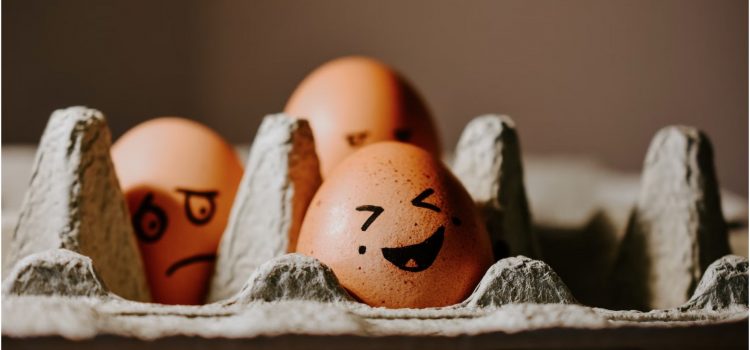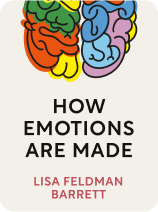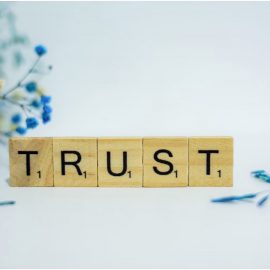

This article is an excerpt from the Shortform book guide to "How Emotions Are Made" by Lisa Feldman Barrett. Shortform has the world's best summaries and analyses of books you should be reading.
Like this article? Sign up for a free trial here.
What does Lisa Feldman Barrett say about emotions? How can it help you better understand your own emotions?
According to neuroscientist and psychologist Lisa Feldman Barrett, emotions don’t simply happen to you, rather they are constructed by you depending on your past experiences. Barrett has spent years studying emotions in the human brain, publishing her book, How Emotions Are Made, to share her findings.
Keep reading for Lisa Feldman Barrett’s surprising explanation of how you create your own emotions.
Lisa Feldman Barrett: “Emotions Are Made by You”
Challenging many of society’s long-standing beliefs about emotions, Lisa Feldman Barrett wrote How Emotions Are Made to call into question everything from what emotions are, to where they come from and how to control them.
Lisa Feldman Barrett introduces a new theory of emotion, based on years of research, which posits that emotions are neither hardwired into our brains nor universally felt and recognized; rather, emotions help the brain to predict what will happen next based on what’s happened in the past—and to plan accordingly. Barrett calls this the theory of constructed emotion. As she sums it up in her TED talk, “Emotions don’t happen to you; they’re made by you.”
Emotions Are Not Reactions; They’re Predictions
Myth: Emotions are uncontrollable reactions to external triggers.
Reality: Lisa Feldman Barrett argues that each person’s brain constructs emotion by predicting what to do next based on what’s happened in the past.
Barrett maintains that the purpose of the brain is to budget the body’s internal resources (such as water, salt, glucose, and hormones) to keep you alive and healthy. The brain must continuously anticipate the body’s needs and attempt to meet them before they arise. To do this, it must make predictions about everything, including emotions.
With all the stimuli your brain is constantly receiving, it would operate very slowly if it were always in “reaction” mode. Instead, before you take any action, your brain predicts what’s about to occur, and what your body will need for that to happen—for example, by giving you a shot of cortisol to help you get out of bed in the morning.
Lisa Feldman Barrett asserts that the brain takes in external sensory input from your environment, as well as internal sensory input about the state of your body, and tries to make sense of these sensations using emotion concepts.
In essence, your brain is constantly trying to guess (predict) the meaning of sensory input, so it can determine how to budget your body’s resources and what action to take next. To do so, your brain relies on past experiences, organized as emotion concepts. These emotion concepts function as mental explanations for what’s going on inside and around you. If you didn’t have concepts, all the sensory input you received from the word would just be meaningless noise.

———End of Preview———
Like what you just read? Read the rest of the world's best book summary and analysis of Lisa Feldman Barrett's "How Emotions Are Made" at Shortform.
Here's what you'll find in our full How Emotions Are Made summary:
- A deep dive into what emotions really are and where they come from
- How some cultures have different emotions than others
- The difference between feelings and emotions






